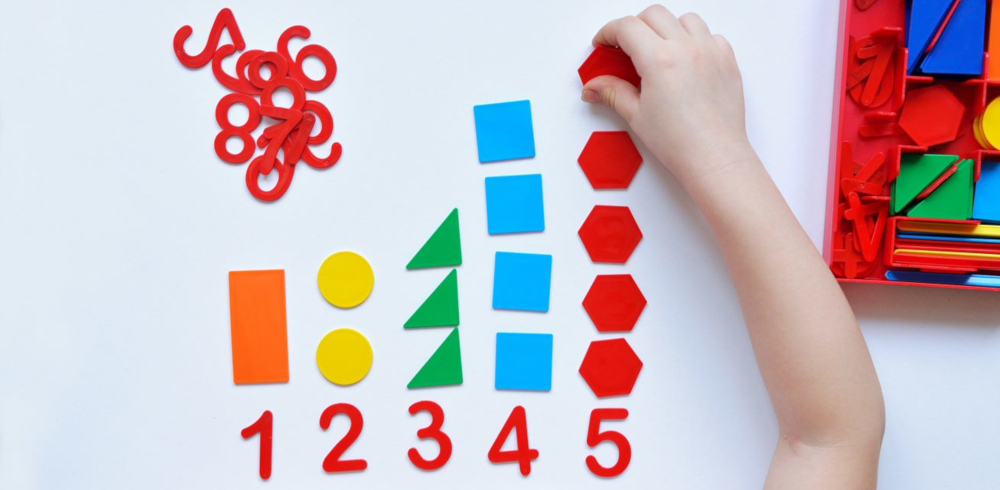Initial teacher education (ITE) ‘quality’ is often judged via inspection-type exercises designed to identify how ‘ready’ student teachers are to enter the teaching profession. Consequently, ITE programmes are often deemed ‘good’ or otherwise through the curriculum knowledge held by students and the classroom skills they demonstrate. In effect, what students know and can do takes centre stage. Sometimes, those leading ITE will wish to ensure that students also develop a ‘sense of self’. It is not that the aforementioned knowledge and skills (epistemological aspects) are elided; rather, matters to do with self (the ontological) also play a part.
